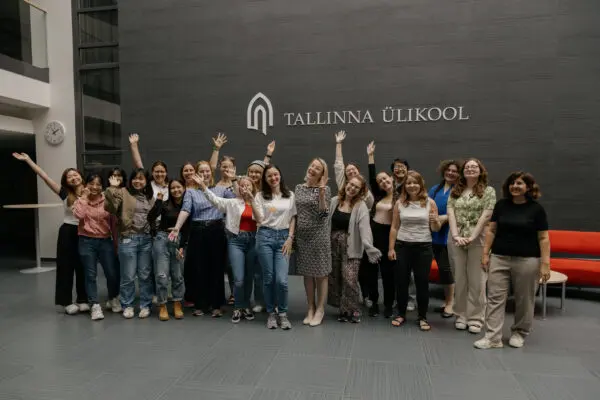
Geneva, Switzerland
Education in Emergencies
When:
22 June - 26 June 2026
Credits:
3 EC
Read more
Educational Sciences
When:
09 July - 13 July 2012
School:
Berlin International Summer School of Economics and Law
Institution:
Berlin School of Economics and Law
City:
Country:
Credits:
0 EC

The course will introduce participants to the complex political economy of financing for education. With the funding gap for achieving global targets for education estimated at $16 billion per year, the dynamic between commitment to education for all and reduced financial space from traditional sources needs to be appreciated before moving to any discussion of financing issues specifically. After a detailed look at the traditional sources of funding and the dynamics determining their current limits and future prospects, the course will move to introducing broad ideas for possible and non-traditional sources of finance for education. It will then examine in detail some specific instruments that have been or are being developed and how they have been, or can be, deployed. These will include; Diaspora Bonds for Education, Education Venture Fund, and Debt Swaps for Education. Participants will develop a much deeper appreciation of the political economy in which education finance issues are embedded, the current dynamics regarding traditional sources of finance, current and under-development possibilities from non-traditional sources and future directions in which this work can develop.
At the completion of the course participants will be able to:
Appreciate more fully the complex political economy issues that surround the education debate in general and the financing issues of education in particular. This understanding is essential before global financing issues in education can be appreciated.
Assess the global needs for education funding keeping in mind that the issue is not just access but, and more importantly, quality of education.
Understand the machinations of financing in education, especially with reference to traditional sources of financing, their limits and the possibilities for extending those limits.
Assess the current state of funding for education from non-traditional sources.
Analyse a range of technical financial instruments using conceptual frameworks with the aim of developing new sources of funding.
Have detailed knowledge and understanding of the three instruments that have been developed and/or are in pilot stage of implementation.
The course will be delivered using a range of formats; lectures, small group work, films, podcasts, plenary activity. Participants will be encouraged to read prior to the course, as well as during. They will also be expected to be actively involved in exploring ideas, and in offering their own experiences and reflections on the theories and issues being examined. Written student outputs will be expected.
Aleesha Taylor Special Projects, Education Support Program, Open Society Foundations, New York, USA Faisal Bari Open Society Institute, South Asia and Central Eurasia Project
The course invites global applications from PhD candidates, early career educational researchers and policy analysts with a PhD, policy makers and government officials, and faculty.
Pre-requisites: Applications are invited from academics and practitioners in education, particularly those engaged in comparative scholarship and scholarship on education policy, social inequalities, and institutional change. Between 20 and 25 participants are expected.
Language requirement: The language of instruction is English, thus all applicants have to demonstrate a strong command of spoken and written English to be able to participate actively in discussions at seminars and workshops.
The summer school on Towards a Political Economy of Education aims to bring together original thinking,
internationally renowned academics at the top of their field, state-of-the-art research and original web-based resources into critical debates on education financing and privatisation in and of education in its different forms.
When:
09 July - 13 July 2012
School:
Berlin International Summer School of Economics and Law
Institution:
Berlin School of Economics and Law
Credits:
0 EC

Geneva, Switzerland
When:
22 June - 26 June 2026
Credits:
3 EC
Read more

Tallinn, Estonia
When:
26 January - 30 January 2026
Credits:
2 EC
Read more

Groningen, Netherlands
When:
26 January - 30 January 2026
Credits:
1 EC
Read more